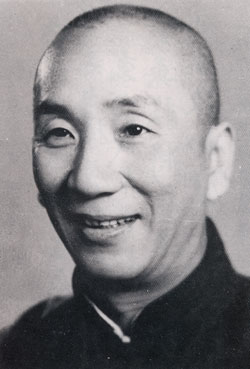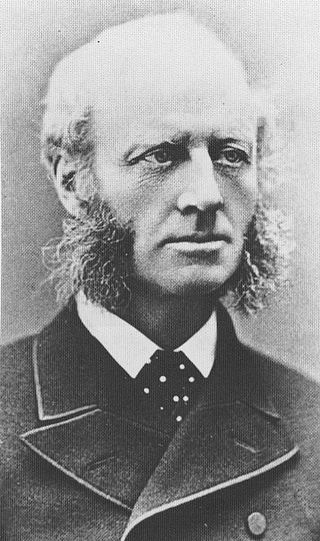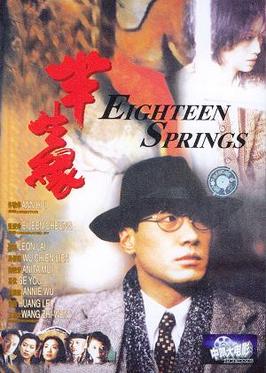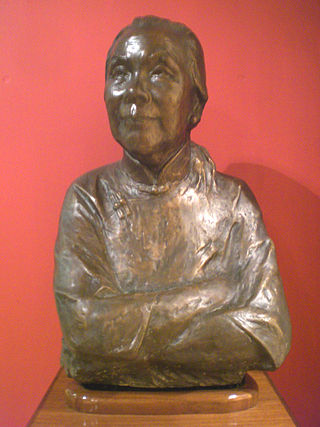
Chan Kong-sang, known professionally as Jackie Chan, is a Hong Kong actor, director, writer, producer, martial artist, and stuntman known for his slapstick acrobatic fighting style, comic timing, and innovative stunts, which he typically performs himself. Before entering the film industry, he was one of the Seven Little Fortunes from the China Drama Academy at the Peking Opera School, where he studied acrobatics, martial arts, and acting. Chan has been acting since the 1960s, performing in more than 150 films. He is one of the most influential action film stars of all time.

Ip Man, also known as Yip Man, was born in Foshan, Guangdong. Ip Man was a martial artist and a grandmaster of the martial art of Wing Chun when he was 20. He had several students who later became martial arts masters in their own right, the most famous among them being Bruce Lee.

Anson Maria Elizabeth Chan Fang On-sang, is a retired Hong Kong politician and civil servant who was the first ethnic Chinese and woman to serve as Chief Secretary, the second-highest position in both the British colonial government and the Hong Kong SAR government under the Chinese sovereignty from 1993 until she retired from the government in 2001, sparking speculations of her growing rift with Chief Executive Tung Chee-hwa.

Sir Harry Smith Parkes was a British diplomat who served as Envoy Extraordinary and Minister Plenipotentiary and Consul General of the United Kingdom to the Empire of Japan from 1865 to 1883 and the Chinese Qing Empire from 1883 to 1885, and Minister to Korea in 1884. Parkes Street in Kowloon, Hong Kong is named after him.
Yuen Biao is a Hong Kong actor, martial artist and stuntman. He specialises in acrobatics and Chinese martial arts and has also worked on over 80 films as actor, stuntman and action choreographer. He was one of the Seven Little Fortunes from the China Drama Academy at the Peking Opera School along with his "brothers" Sammo Hung and Jackie Chan. Yuen Biao has appeared in over 130 films. He has played roles in eight television series for the Hong Kong channel TVB.

Police Story 3: Supercop, released as Supercop or also known as Jackie Chan's Supercop in the US, is a 1992 Hong Kong action film starring Jackie Chan and Michelle Yeoh. Jackie reprises his "Kevin" Chan Ka-Kui character, a Hong Kong cop from Police Story and Police Story 2. It is the third installment of the Police Story series, as well as first in Police Story franchise not to be directed by Jackie, with Stanley Tong taking over the helm. It is also the last appearance in the series for Maggie Cheung as Jackie's girlfriend, May.
Jaycee Joming Chan is a Hong Kong and American singer and actor. In 2004, he released his first Mandarin CD album in Hong Kong. He later went to Taiwan to continue his music career. He is the son of Hong Kong-born Chinese actor and martial artist Jackie Chan and Taiwanese actress Joan Lin. He sings and performs in Mandarin and Cantonese.

Raymond Chow Man-wai, was a Hong Kong film producer, and presenter. He was responsible for successfully launching martial arts and the Hong Kong cinema onto the international stage. As the founder of Golden Harvest, he produced some of the biggest stars of the martial arts film genre, including Bruce Lee, Jackie Chan, Sammo Hung, Jimmy Wang Yu, Cynthia Rothrock and Tsui Hark.

The Accidental Spy is a 2001 Hong Kong martial arts action film starring Jackie Chan, produced by Chan and Raymond Chow, and directed by Teddy Chan. Filming took place in Seoul, Hong Kong, Istanbul and Cappadocia, Turkey.

Chinese-United Kingdom relations, more commonly known as British–Chinese relations, Anglo-Chinese relations and Sino-British relations, are the interstate relations between China and the United Kingdom.

Du Yuesheng, also known by Dou Yu-Seng or Tu Yueh-sheng or Du Yueh-sheng, nicknamed "Big-Eared Du", was a Chinese mob boss who spent much of his life in Shanghai. He controlled China's opium trade and was the head of the Shanghai Stock Exchange, the Bank of China and the Central bank of China. He was a key supporter of Chiang Kai-shek and the Kuomintang in their battle against the Communists in the 1920s, and was a figure of some importance during the Second Sino-Japanese War. After the Chinese Civil War and the Kuomintang's retreat to Taiwan, Du went into exile in Hong Kong and remained there until his death in 1951.
Fang is the 67th most prevalent Chinese surname. In Chinese, Fāng (方) means "square" or "four-sided". Fāng (方) is pronounced Fong in Cantonese, Hong or Png or Pwee in some Min Nan dialects and Png or Pung in Teochew. It is the 56th name on the Hundred Family Surnames poem.

Magnificent Bodyguards is a 1978 Hong Kong martial arts action film starring Jackie Chan and directed by Lo Wei. Chan, along with Luk Chuen also worked as stunt coordinators. This film was well received in Hong Kong, but Chan himself doesn't like it. He puts it down to Lo Wei not giving him any creative freedom. This was the first film in Hong Kong to be filmed using 3-D technology, and it features music from Star Wars.

Traces of a Dragon is a 2003 documentary film directed by Mabel Cheung. The film analyzes the life and background of Jackie Chan.

Eighteen Springs is a 1997 romantic drama directed by Ann Hui and starring Jacklyn Wu, Leon Lai, Anita Mui, Huang Lei and Ge You. It is a China-Hong Kong co-production, based on the novel of the same name by Eileen Chang.

Fang Zhaoling, also known as Lydia Fong, was a Chinese painter and calligrapher.

Tian Di, also known in United Kingdom as Chinese Untouchables, is a 1994 Hong Kong action crime drama film directed by David Lai. Set in the 1920s, the film stars Andy Lau as a Cantonese-born, Nanjing government investigator who has been appointed by the first Commissioner of the opium trade ban. The film was produced by Lau's film company Teamwork Motion Pictures.
John Francis Chomley was an Irish businessman in Hong Kong and China in the mid-19th century. He was the first chairman of the Hongkong and Shanghai Banking Company and member of the Legislative Council of Hong Kong.

A Tale of Three Cities is a 2015 Chinese-Hong Kong war romance film directed by Mabel Cheung. The film is about the real love story of two people who met in Wuhu during the Second Sino-Japanese War in the 1930s, separated in Shanghai during the Chinese Civil War in the 1940s, and finally reunited in Hong Kong in the 1950s while their children from previous marriages were left behind in mainland China. Jackie Chan reportedly "cried and cried, until the end of the film" when he watched the film by himself.
















